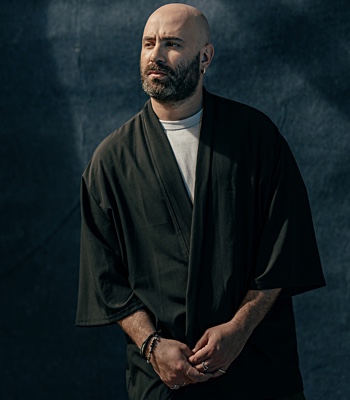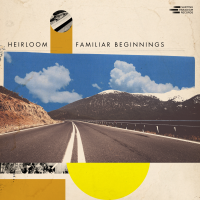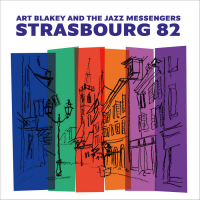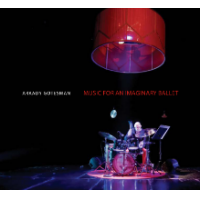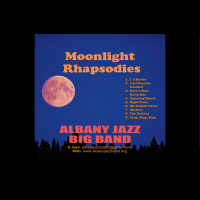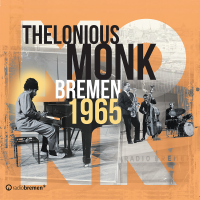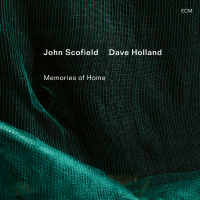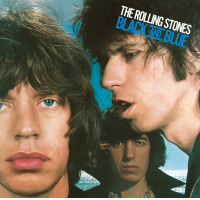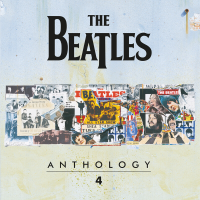Home » Jazz Articles » Extended Analysis » Lee Smith: Lee Smith: My Kind of Blues
Lee Smith: Lee Smith: My Kind of Blues
Now Smith continues his explorations as a leader- composer-arranger in a new album, My Kind of Blues, for which he convened a cadre of the finest musicians—Anthony Wonsey on piano, Joe Magnarelli on flugal horn and trumpet, Tim Warfield on soprano saxophone, Marc Adler on flute, Justin Faulkner and Byron Landham alternating on drums, and Doc Gibbs on percussion—for a set of originals and standards linked together by arrangements which could be characterized as "lively light," a sweeter, gentler kind of blues that yet achieves an intense group interaction created by Smith's keen sense of harmony and of the sonorities of various instruments, and the tight ensemble playing of his cohorts. The recording also gives the listener plentiful opportunities to hear Smith' glorious sound and rhythmic pulsation on bass.
The album begins with "Afro Blue," a lighter rendering of this Mongo Santamaria standard minus the devotional feeling implied in Santamaria's version. "Afro Blue" was the first jazz standard built upon a typical African 3:2 cross- rhythm with the bass repeatedly playing 6 cross-beats per each measure. Smith's bass line precisely follows this formula. The piece builds in intensity and then reverts back to its original softness, with a delightful conversation among the horn players. Magnarelli, Warfield, and Adler deliver fine solos, and the listener looks forward to their work on the rest of the album. "High Step" is a Smith original whose play with intervals suggests a possible reference to John Coltrane's "Giant Steps." On this track, the listener gets the full sensation of Smith's remarkable bouncing bass sound.
For the Delfonics' hit "Didn't I," which is perhaps a nod to his own past work with that group, Smith provides a double time upbeat version, which in its rapidity becomes almost a deconstruction of the original tune. In addition to fine solos by Warfield, Magnarelli, and Womsey, one hears flute-soprano sax harmony that recurs throughout. A swinging solo by Magnarelli and Landham's irrepressible drumming cheer up and give a driving energy to what would otherwise be a nostalgic reminder of the Delfonic's "Philly Sound." Smith's leadership keeps the group in tight formation throughout.
"When Sunny Gets Blue" features Smith's bowed bass, whose sound would be the envy of any top orchestral bassist. This jazz standard, taken at a very slow pace, provides an unparalleled instance of how the bass fiddle can sing its own song with consummate passion. The other musicians just provide window dressing for Smith's over-the-top lyricism.
Smith's own "Latinesque" is a samba with a heavy updraft. Most notable in this cut is Adler's unique flute solo which stands out in its tense conversational quality. Gibbs' congas are right on the money here.
In a swinging version of "Alone Together," Smith plucks the tune on bass and then gives it over to soloing by himself and most notably Warfield. "Brighter Days" simply put, is a happy stroll on a sunny day and features an outstanding piano solo by Womsey. The album concludes with the title track, "My Kind of Blues" a straightforward blues melody that is stated pizzicato by Smith on bass. Later, a solo by Smith provides a textbook illustration of Smith's clear and efficient technique when improvising.
This album is a fine piece of craftsmanship that is also very listenable and accessible. It thankfully lacks the slickness and pseudosophistication of much of which poses as jazz today. Smith sticks to his roots and his heart, which is more than can be said about a lot of people these days. Even his choice of a photographer for the album cover, the revered vocalist, soprano Ruth Naomi Floyd, reflects his appreciation of his fellow musicians.
Track Listing
Afro Blue; High Step; Didn’t I; When Sunny Gets Blue; Latinesque; Alone Together; Brighter Days; My Kind of Blues.
Personnel
Lee Smith
bassLee Smith: leader, acoustic bass; Anthony Wonsey: piano; Joe Magnarelli: flugal horn, trumpet; Tim Warfield: soprano saxophone; Marc Adler: flute; Justin Faulkner: drums (Tracks 1, 2, 4, 7)’ Byron Landham: drums (Tracks 3, 5, 6, 8); Doc Gibbs: percussion (Tracks 3, 5, 6).
Album information
Title: Lee Smith: My Kind of Blues | Year Released: 2015 | Record Label: Vectordisk
Tags
PREVIOUS / NEXT
Lee Smith Concerts
Support All About Jazz
 All About Jazz has been a pillar of jazz since 1995, championing it as an art form and, more importantly, supporting the musicians who make it. Our enduring commitment has made "AAJ" one of the most culturally important websites of its kind, read by hundreds of thousands of fans, musicians and industry figures every month.
All About Jazz has been a pillar of jazz since 1995, championing it as an art form and, more importantly, supporting the musicians who make it. Our enduring commitment has made "AAJ" one of the most culturally important websites of its kind, read by hundreds of thousands of fans, musicians and industry figures every month.












